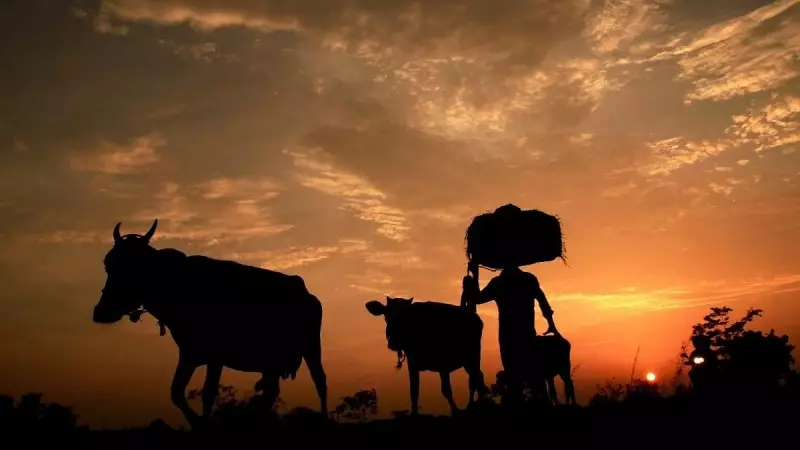
Hundreds of farmers from Bengaluru's surrounding regions have drawn a line in the sand, declaring they will not permit the ambitious Bangalore Business Corridor (BBC) project to proceed unless the government addresses their longstanding demands for fair compensation and transparent land acquisition practices.
The Heart of the Conflict
At the core of this escalating standoff is what farmers describe as "grossly inadequate" compensation rates for their agricultural lands. Many landowners claim the current government-offered rates fail to reflect the true market value of their properties, potentially leaving them financially vulnerable after relinquishing their primary source of livelihood.
Voices from the Ground
"We are not against development, but we cannot accept development that comes at the cost of our survival," stated one farmer representative during recent protests. "The government must understand that these fields are not just parcels of land—they are our heritage, our identity, and our children's future."
Broader Implications for Infrastructure Development
This confrontation highlights the ongoing challenges facing India's infrastructure expansion, where massive projects often collide with the rights and concerns of local communities. The Bangalore Business Corridor, envisioned as a major economic driver for the region, now faces significant delays unless a mutually acceptable resolution can be reached.
Government's Response and Next Steps
While government officials have acknowledged receiving the farmers' demands, no formal statement regarding revised compensation packages or modified acquisition procedures has been released. The silence from authorities is deepening concerns among both project developers and farming communities alike.
The stalemate continues as farmers maintain their position: no fair pay, no BBC project. The ball now rests in the government's court to either recalibrate its approach to land acquisition or risk seeing a crucial infrastructure initiative stall indefinitely.






